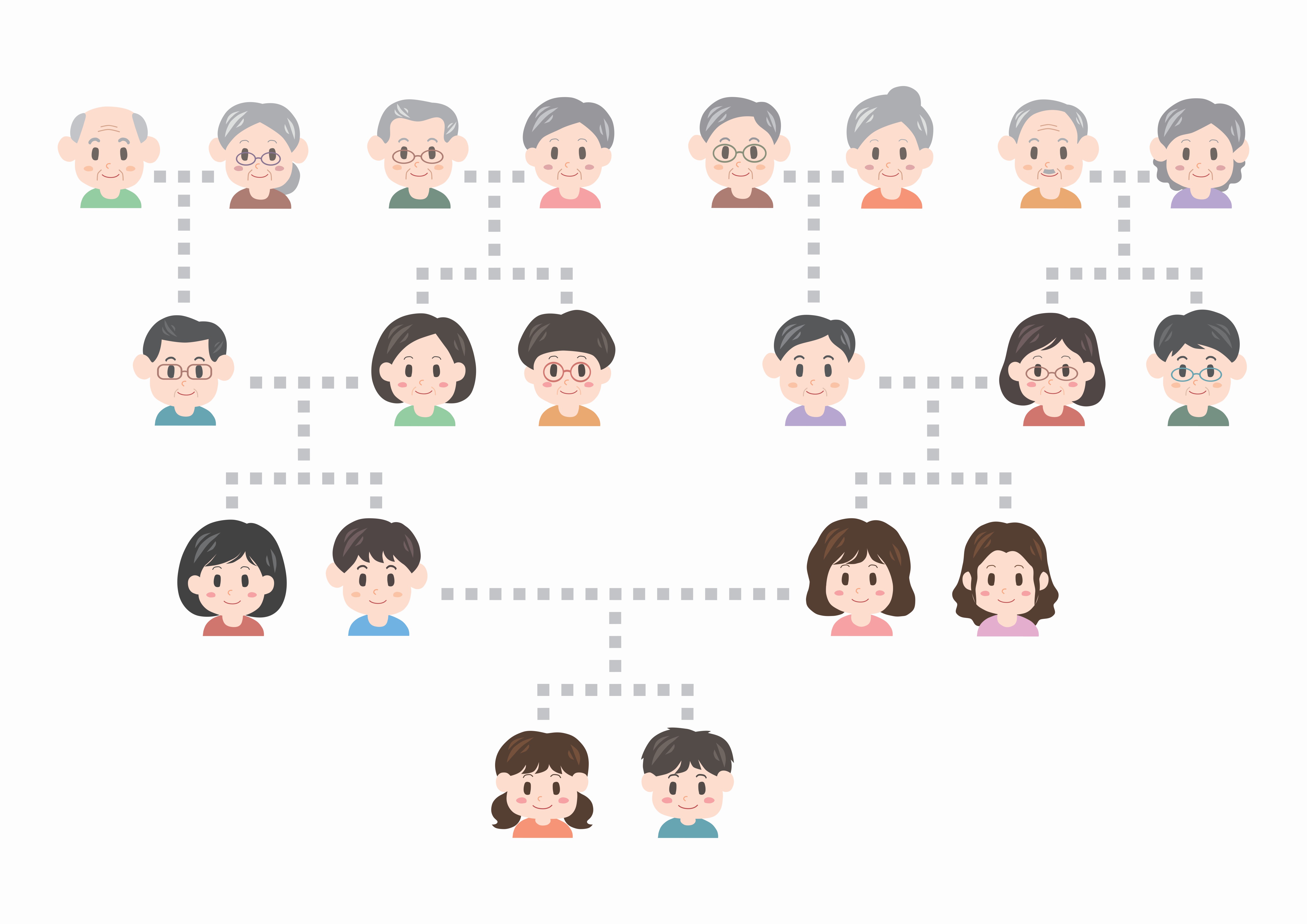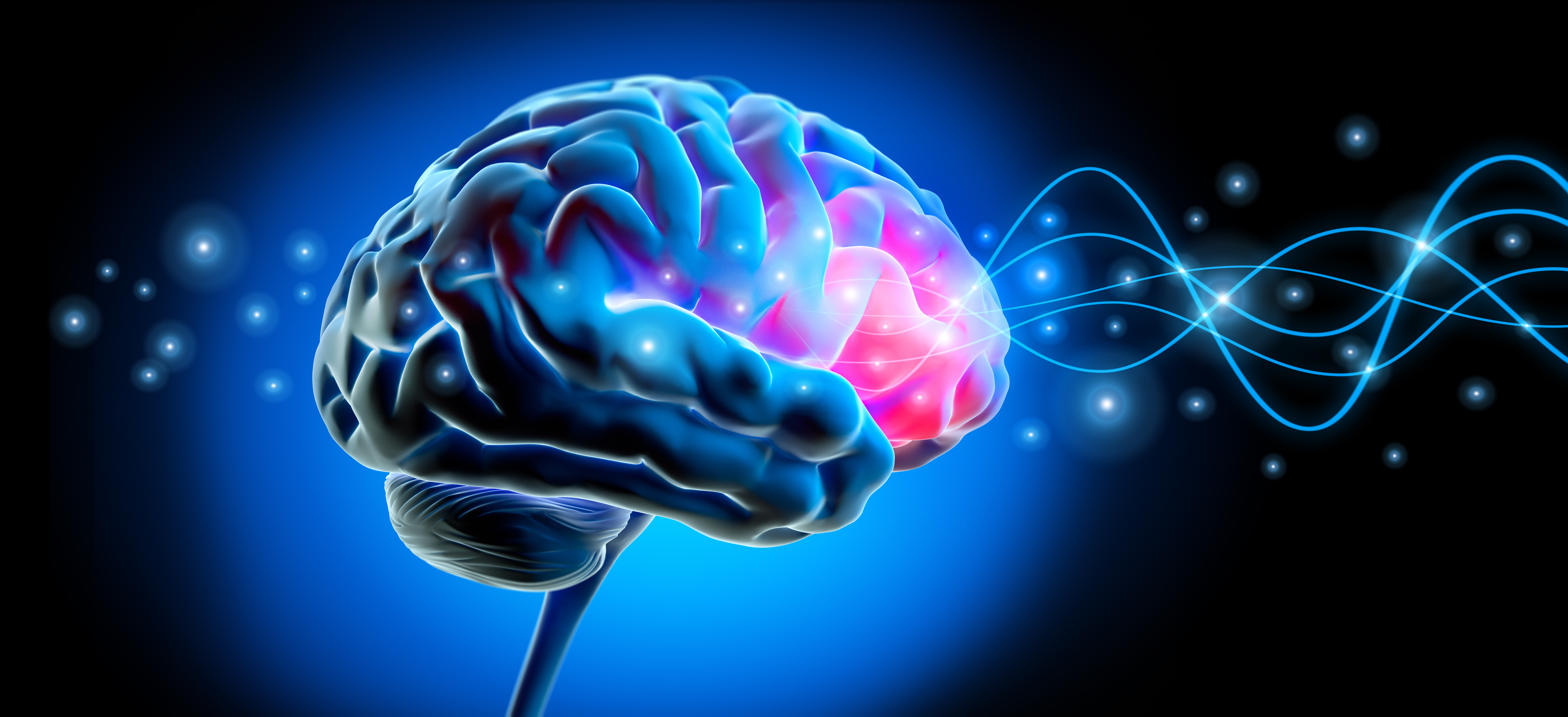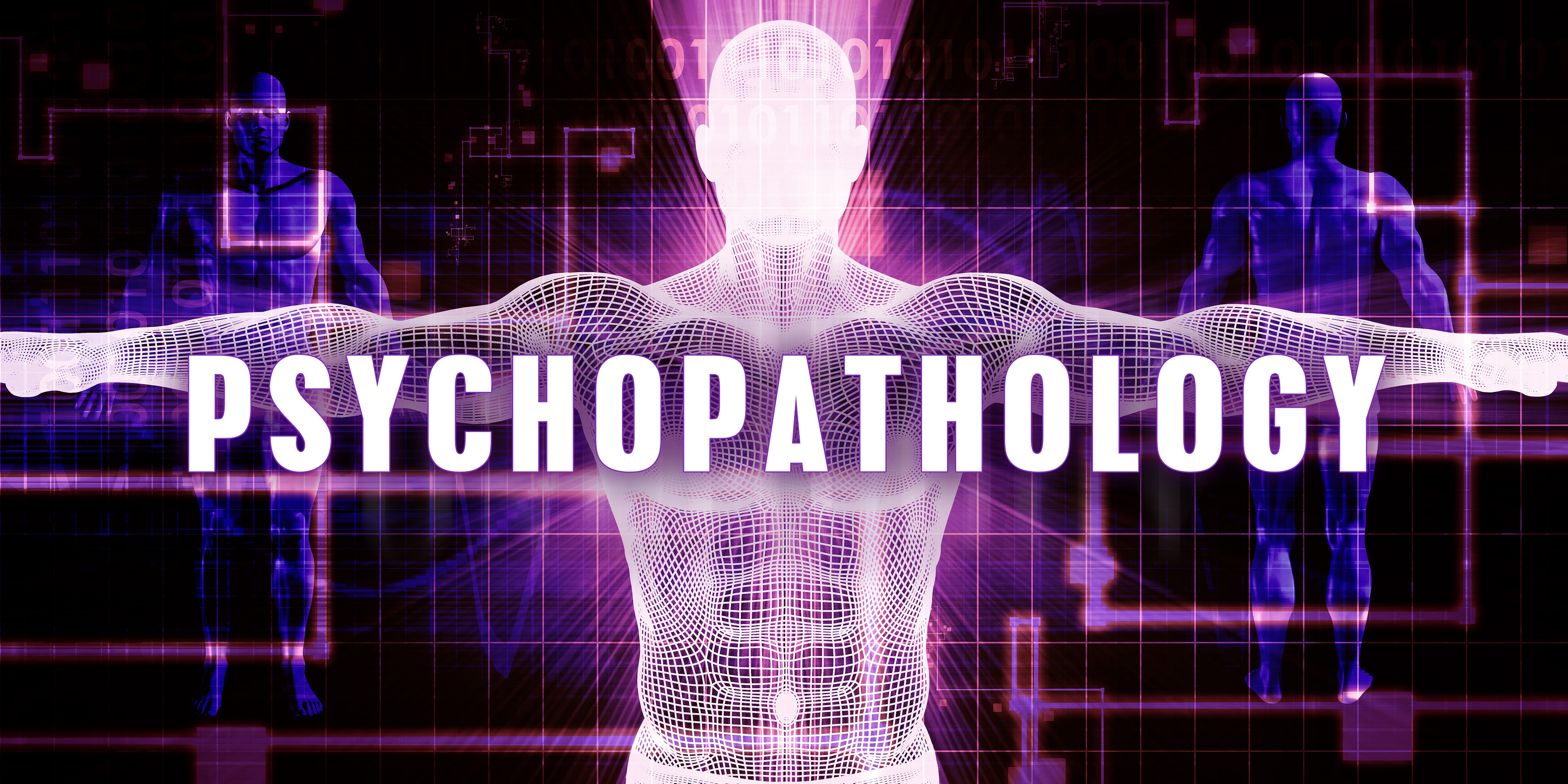Insights for families
Families of people with bipolar disorder may also be affected by the disorder. This category provides information on factors that impact on the family unit, and also cognitive, psychological, and physiological alterations in relatives, which are related to shared genetic factors.
Click on the tabs below to access the information, or browse via the drop-down menu to the left.
Image: ©Kudryashka – stock.adobe.com

Cognition in relatives
What is cognition in relatives of people with bipolar disorder? Cognitive deficits have been reported in people with bipolar disorder that are present early in the course of the disorder and may be stable over time. Relatives of people with bipolar disorder may show attenuated signs of cognitive deficits. If cognitive deficits found in people with bipolar disorder are also found in their relatives, this may be suggestive of an underlying genetic basis. What is the evidence on cognition in relatives of people with bipolar disorder? High quality evidence shows small to medium-sized effects of poorer processing speed, verbal fluency,…

Familial coaggregation
What is familial coaggregation in bipolar disorder? Familial coaggregation is the rate of related disorders found in a family. Many studies have suggested a fundamental association between schizophrenia and bipolar disorder. Many family studies have investigated the possibility of this association by assessing whether schizophrenia and bipolar disorder diagnoses may cluster within the same extended family. What is the evidence for familial coaggregation? Moderate to low quality evidence suggests high familial coaggregation of schizophrenia and bipolar disorders, with first-degree relatives of people with schizophrenia or bipolar showing an increased risk of developing either disorder. October 2021 Image: ©osame – stock.adobe.com

Impact on families
How does bipolar disorder impact on families? A diagnosis of bipolar disorder can have considerable impact not only on the affected individual, but also on the people closest to them. Sometimes families experience different types of burden, particularly during acute phases of the illness. Burden is considered in terms of objective effects, such as illness severity or financial strain, but also in terms of subjective effects, such as the emotional impact of the illness on family members. What is the evidence regarding impact on families? Moderate to low quality evidence found lower parent-reported cohesion in families with a parent with…

Physical anomalies in relatives
How are physical anomalies relevant to relatives of people with bipolar disorder? Relatives of people with bipolar disorder may show attenuated signs of the illness, such as physical features commonly identified with the disorder. These may include structural and/or functional anomalies as well as sleep disturbances. What is the evidence for physical anomalies in relatives? Moderate quality evidence suggests relatives of people with bipolar disorder show increased grey matter volume in the right inferior frontal gyrus, the left supramarginal gyrus, and the left superior temporal gyrus compared to controls. Decreased grey matter volume was found in relatives in the right…

Psychopathology in relatives
How is psychopathology relevant to relatives of people with bipolar disorder? Due to the significant genetic loading of bipolar disorder, first-degree relatives of people with bipolar disorder may also show signs of psychopathology. What is the evidence for psychopathology in families of people with bipolar disorder? Moderate to high quality evidence finds a large increased risk of bipolar disorder, a medium-sized increased risk of ADHD, and a small increased risk of a substance use disorder in relatives. Moderate quality evidence finds medium-sized increased risk of other mood or anxiety disorders in relatives, particularly generalized anxiety and obsessive-compulsive disorders, and increased…
Green - Topic summary is available.
Orange - Topic summary is being compiled.
Red - Topic summary has no current systematic review available.